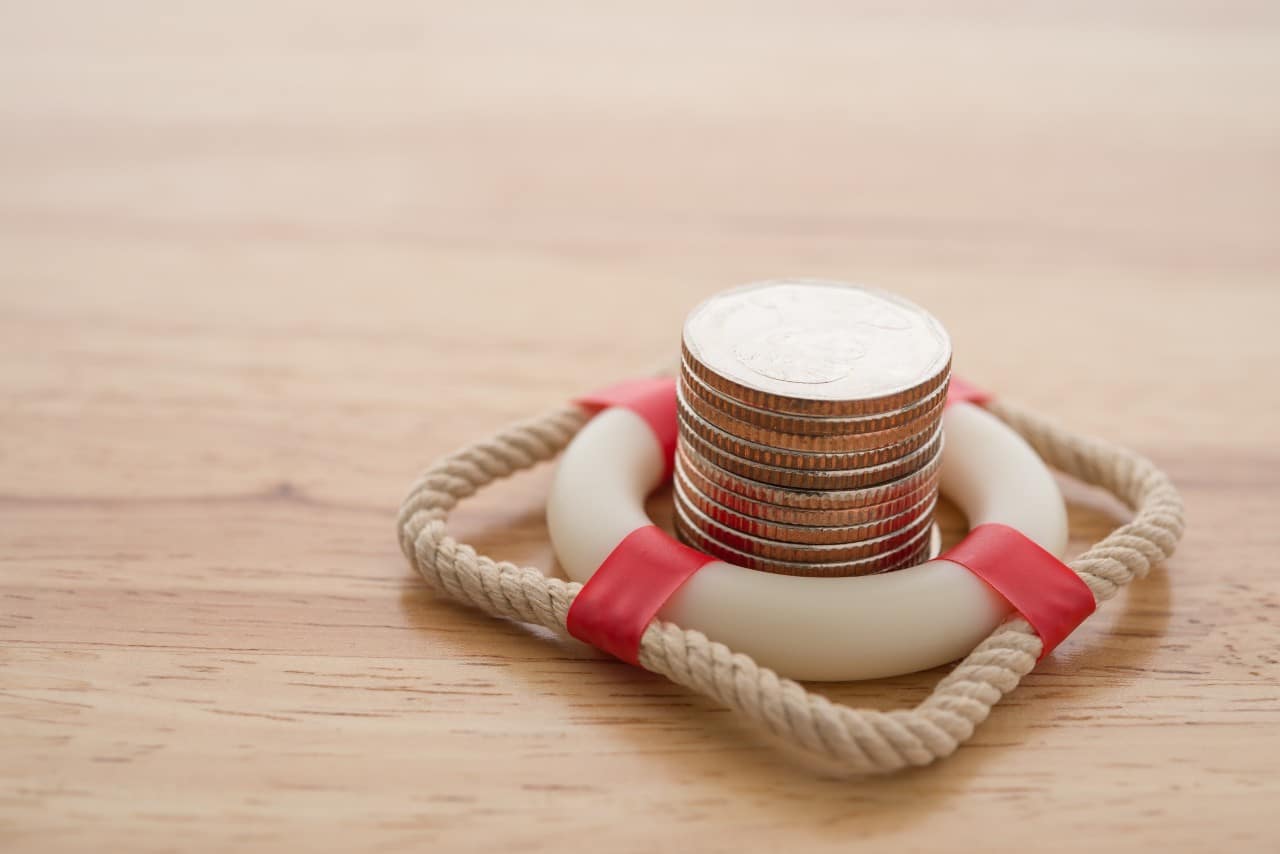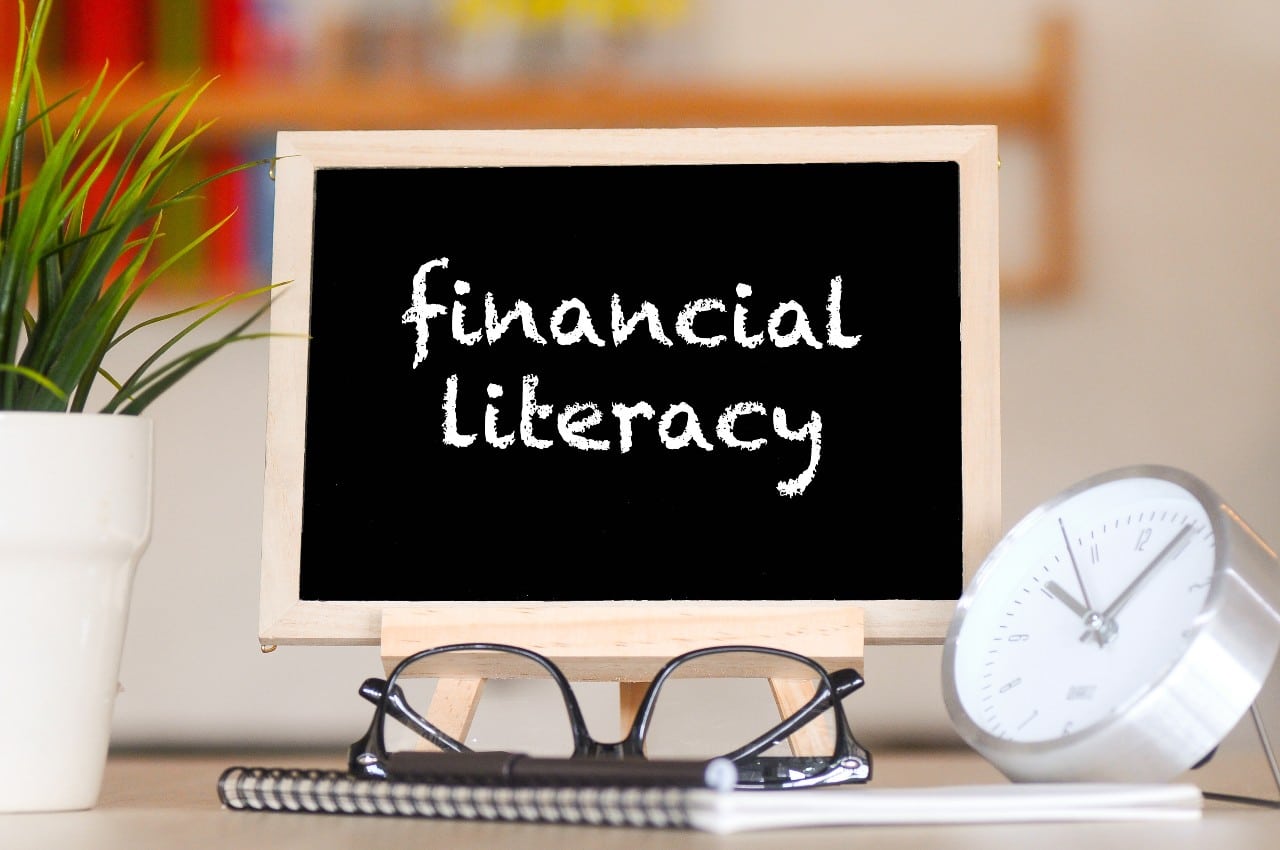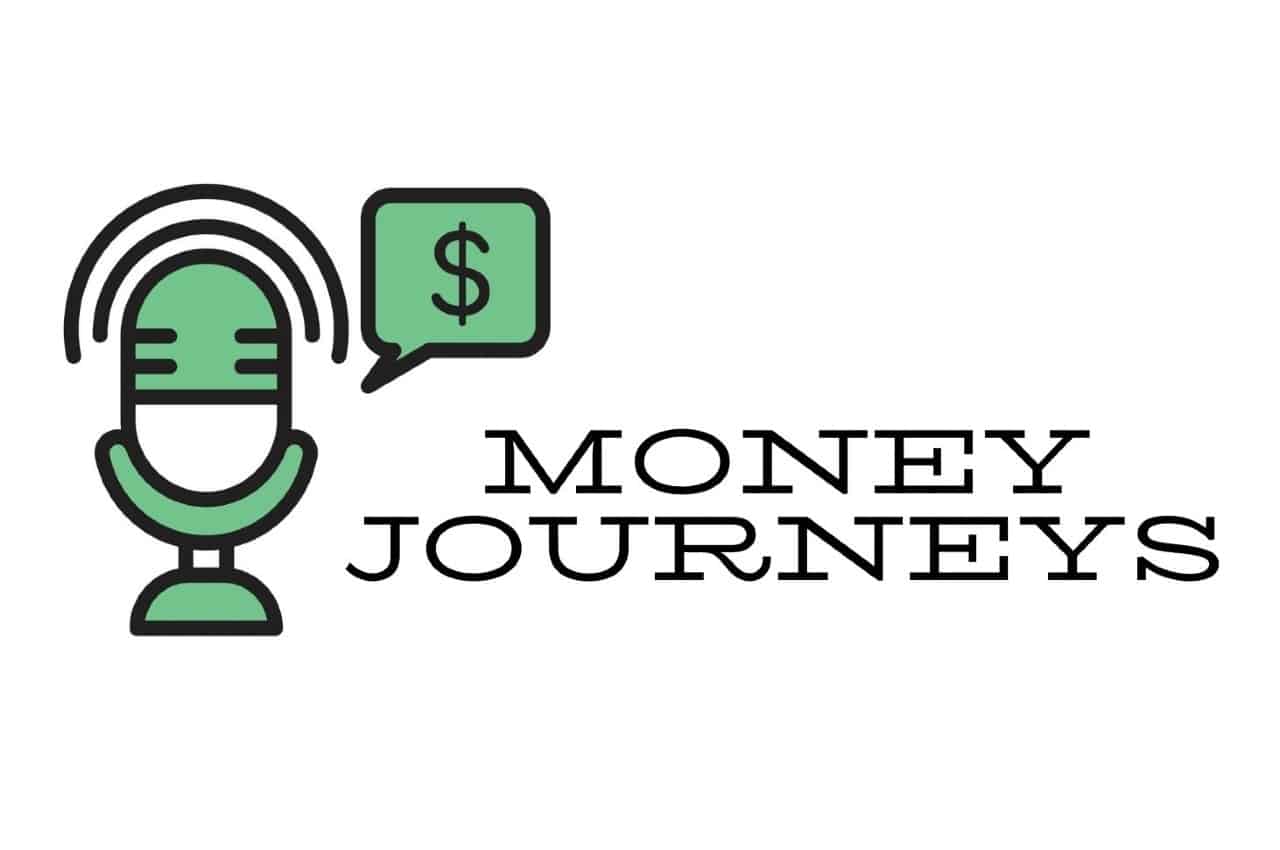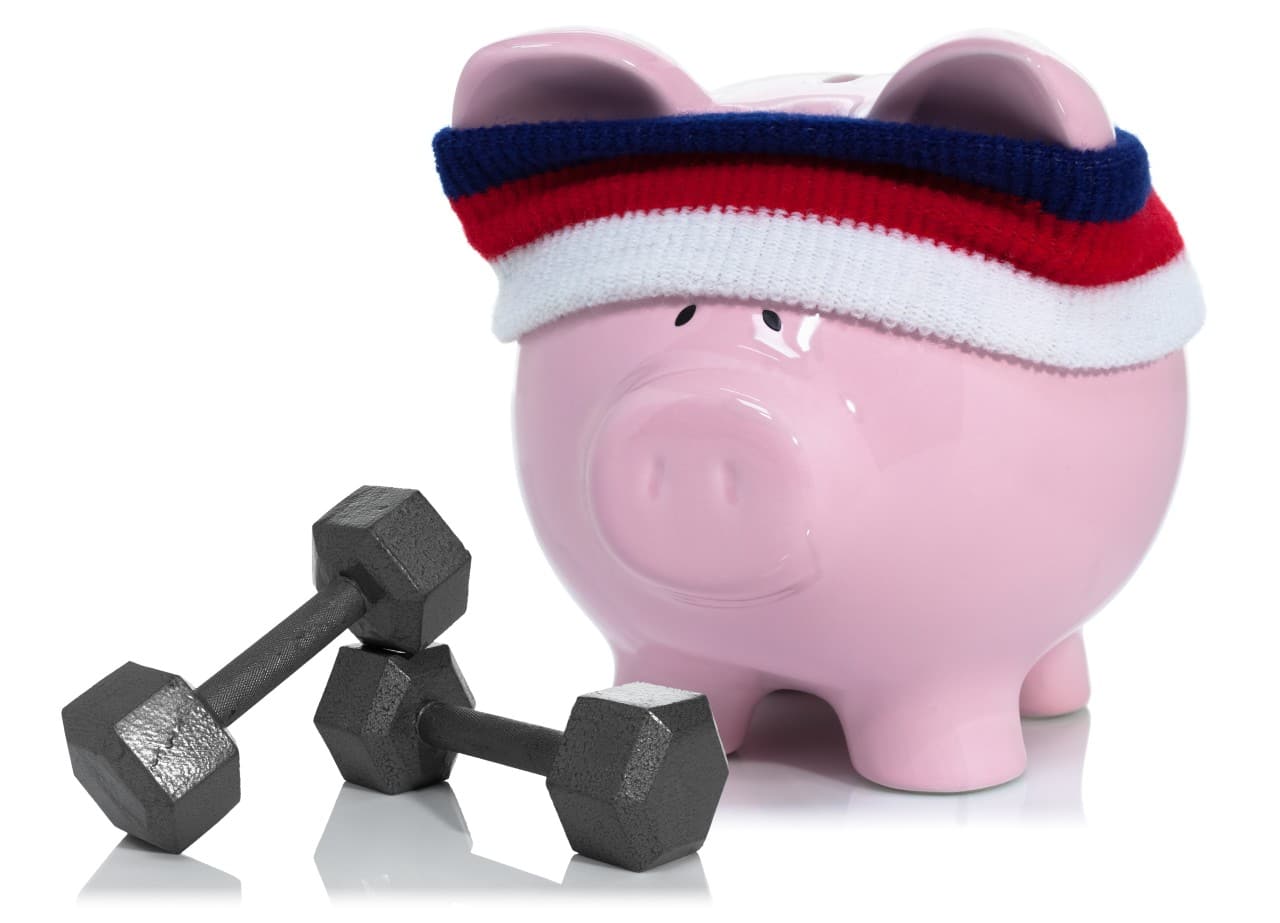As we enter week 3 of Financial Literacy Month, we want to address the importance of having an emergency fund to help deal with a financial emergency. Our series focuses on women’s finances and how women can be more self-sufficient and work towards financial independence. Having an emergency fund is a key component of financial independence.
What is a financial emergency? It could be unforeseen circumstances, family emergencies, natural disasters, job loss, and more. Essentially, anything that can cause a large expense that was not expected or accounted for, can be called a financial emergency.
The best time to build an emergency fund
Somewhat ironically, the best time to build an emergency fund is when you don’t need it. It’s this very irony that leaves people in a lurch in a time of need. When times are good it can be easy to think that tough times won’t come. This tends to lead people to put off doing things, like putting aside money for a rainy day. The last few years have, sadly, exemplified this trend.
- Food insecurity in Canada is on the rise. 1 in 5 Canadians have reported going hungry over the past two years. In March 2023 alone, there were 2 million visits to food banks.
- In March 2020, due to Covid-19, women comprised 63% of the 1 million jobs lost (Statistics Canada). From June through to October, shelters and transition houses reported a 61% increase in calls and inquiries (Women’s Shelters Canada). It is important for women to be self-reliant in all ways, including financially.
Resources for when you don’t have an emergency fund
Having been through a pandemic that disproportionately affected women, it is imperative to build a personal emergency fund. If you don’t have an emergency fund and are in need of immediate assistance, here are some resources:
- Crisis Text Line – For Canada, text CONNECT to 686868 and chat for free 24/7 crisis support.
- Provincial/Territorial Help Lines – ShelterSafe – Each province has a different system and helpline. You can reach out for help dealing with domestic violence, family abuse, crisis situations. They can also connect you to shelters, counselling, or support.
- Wellness Together Canada – Funded by the Government of Canada for people in Canada and Canadians abroad. Find free resources on dealing with emergencies. They cover crisis situations, substance abuse and mental health. For immediate crisis support, text WELLNESS to 741741.
- Getting Help – Ending Violence Association of Canada – Resources for sexual assault, finding shelters and support services, and provincial organizations that can support you.
Major types of financial emergencies
Job loss/income loss
If you are affected by layoffs or lose your job, you may be entitled to employment insurance or severance pay. There are governmental regulations in place for the same. Read up on your Rights on termination of employment. In most cases, you would be eligible for two weeks notice or equivalent pay on dismissal. If you’re the main income earner for your family, an emergency fund can provide a cushion while you look for your next job.
Natural disasters
Any natural disasters such as floods, storms, wildfires, or earthquakes can cause huge losses in an instant. Even with homeowners’ insurance, you may still have other expenses come up quickly. Your home, belongings, and even valuables may be damaged. An emergency fund can help you handle this, and make sure your family has the resources to survive.
Medical expenses
While we are fortunate to have medical coverage for most health issues, we still need to pay out of pocket for many others. It could be expensive medication, mental health support, or a prolonged illness. Any of these can quickly make a dent in your regular budget. This is especially true if you’re one of the 47% of Canadians who are living paycheck to paycheck.
Family circumstances
Death or prolonged illness of a loved one can take a toll in many ways. Even if you were not dependent on their income, medical and final expenses can add up. Divorce also greatly affects your financial situation, and can cut your savings and assets in half.
Maintenance or repair of a house or car
As a homeowner, you are responsible for maintenance and repairs in your home. Sometimes, unexpected expenses may crop up. If your roof starts to leak, or your appliances stop working, you need to pay for repairs quickly. For a car, you may need winter tires sooner than expected, or replace some parts that have worn out or broken. For many, a car is necessary to drive to work. In such cases, taking too long to pay for the repairs can also lead to income loss from not being able to go to your job.
Without an emergency fund to tide you over, any of these may contribute to putting you in debt. Even if you are an avid investor, it can take a couple of days to access funds invested in stocks or index funds. Your emergency funds should be in an easily accessible, liquid form, like a high-interest savings account.
Emergency fund tips and best practices
- Save at least six months of expenses and store it where it is easily accessible and interest earning.
- If you’re deep in debt, try to start with an amount you are comfortable with, for example, $1000. This amount would be enough to cover small emergencies and stop you from falling behind on your payments. Once you’ve paid down your debt to a manageable amount, you can increase the amount in your emergency fund.
- A separate savings account would work well for an emergency fund. See if you can find a high-interest savings account (also called HISA). Transfer small amounts every month as your budget allows. If your debt is manageable, you can also set up auto-transfers from your paycheck every month till you reach 6 months of expenses.
- Don’t treat it like a regular savings account to use for treats or to pay off debts. This account is not to be touched except in case of emergency.
- If you need to access these funds, top up the amount as soon as possible. The key is to maintain six months of expenses, so bring your funds back to that amount. This will ensure you are prepared for future needs. A financial emergency can make your debt increase drastically. Aim to be comfortable with expenses to prevent that.
Key Takeaways
It’s women and young that are most vulnerable when it comes to financial emergencies. A survey showed that 51% of younger Canadians (millennials and Gen Z) are living paycheck to paycheck. In the same survey, more men than women claimed their finances were in a good place. 51.5% of the people visiting food banks in 2023 are women over the age of 18.
For those in these groups, an emergency fund is valuable in many ways. It helps you stop living paycheck to paycheck. It can also help you deal with financial emergencies without going into (or further into) debt. In the most dire circumstances, an emergency fund can even save your life.
If your goal is to be debt-free, take the first step today! Reach out at any time for a consultation with us if you need help getting started.










